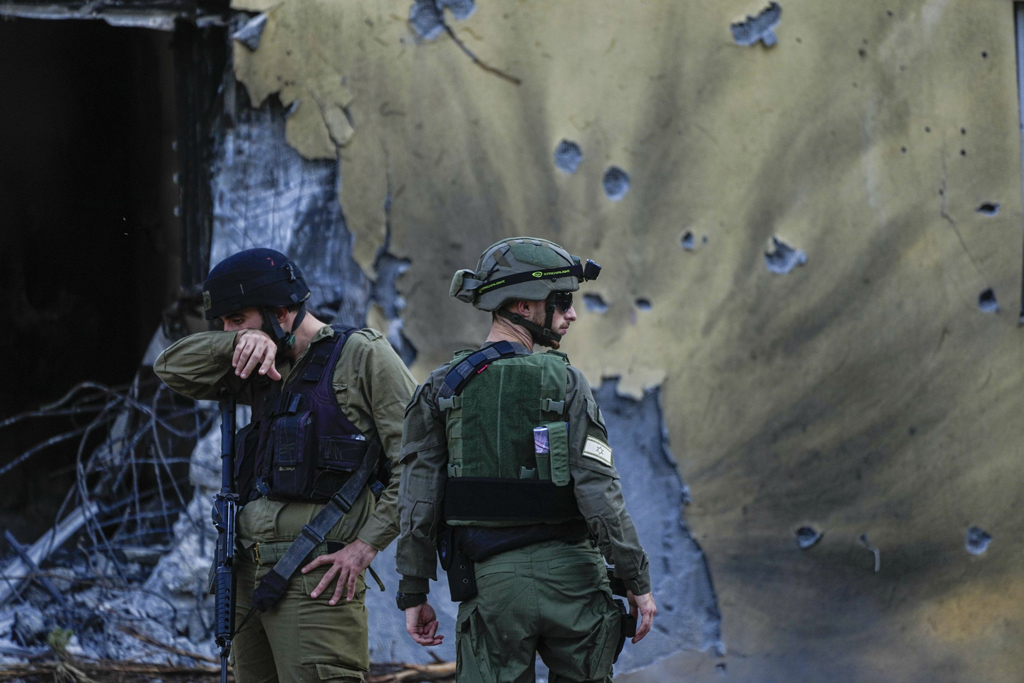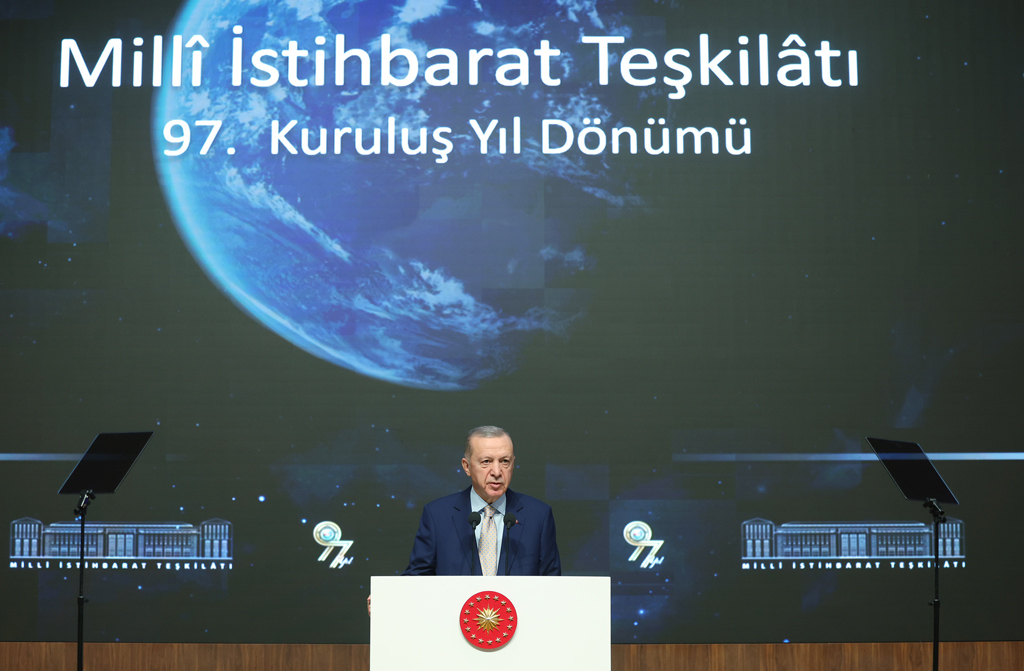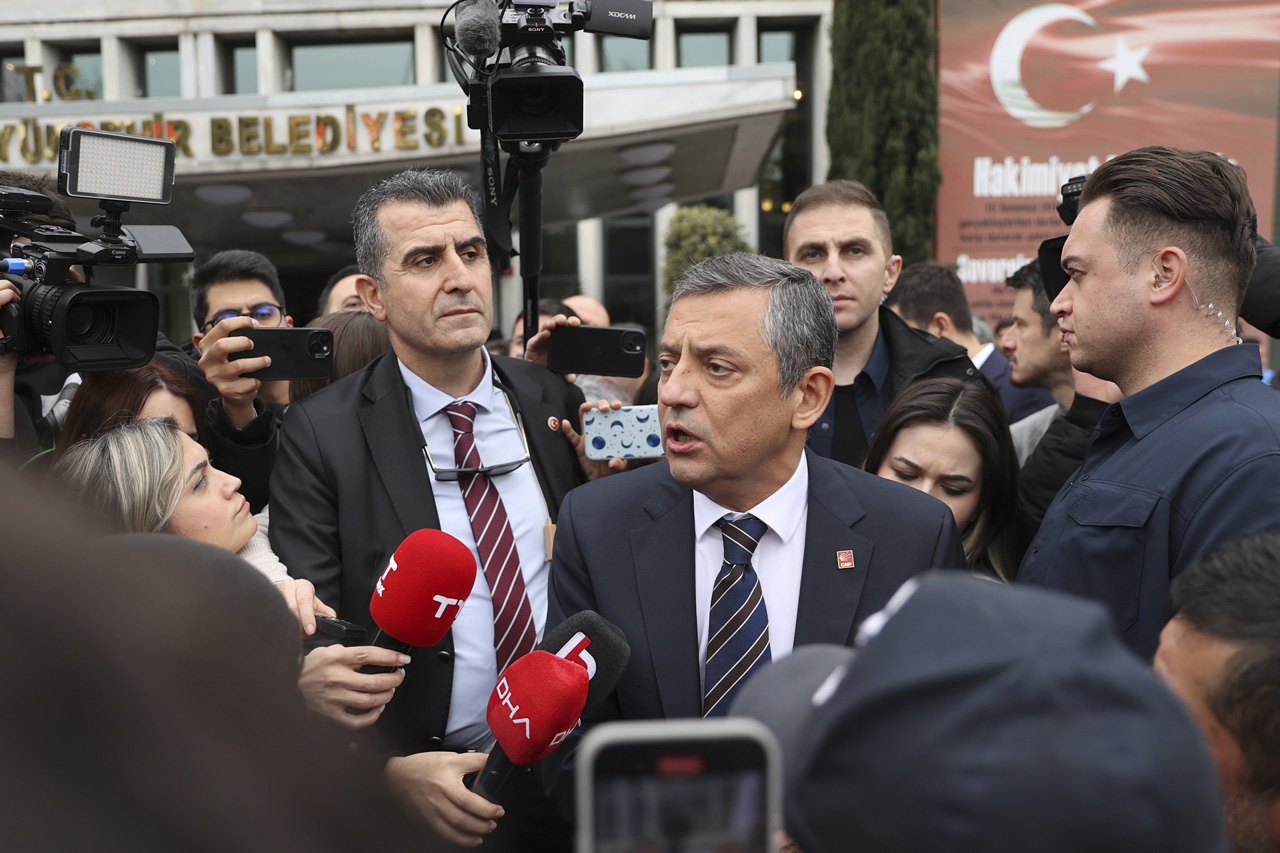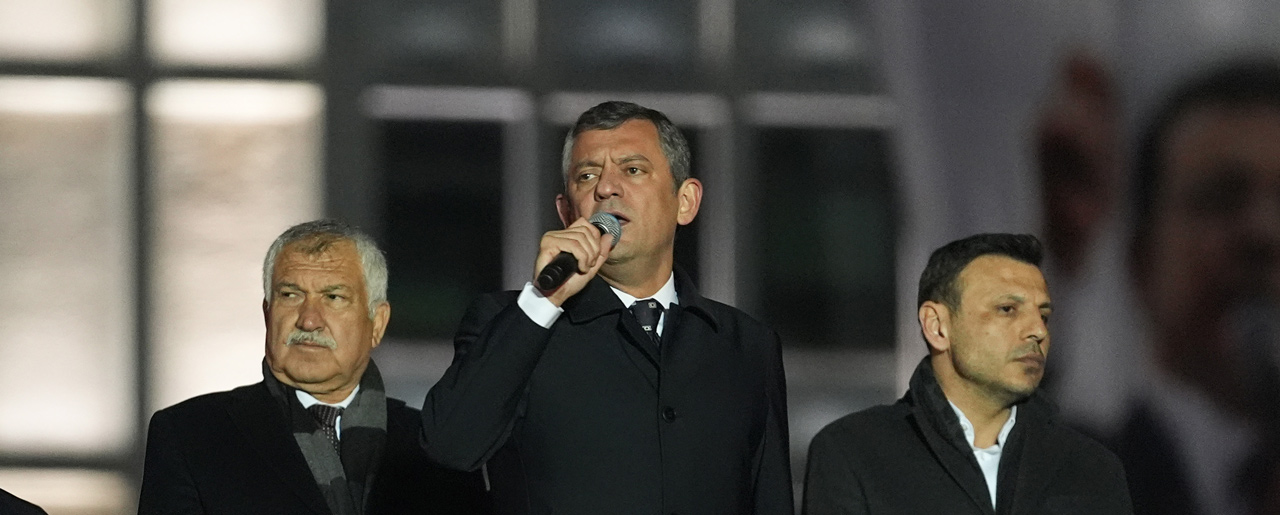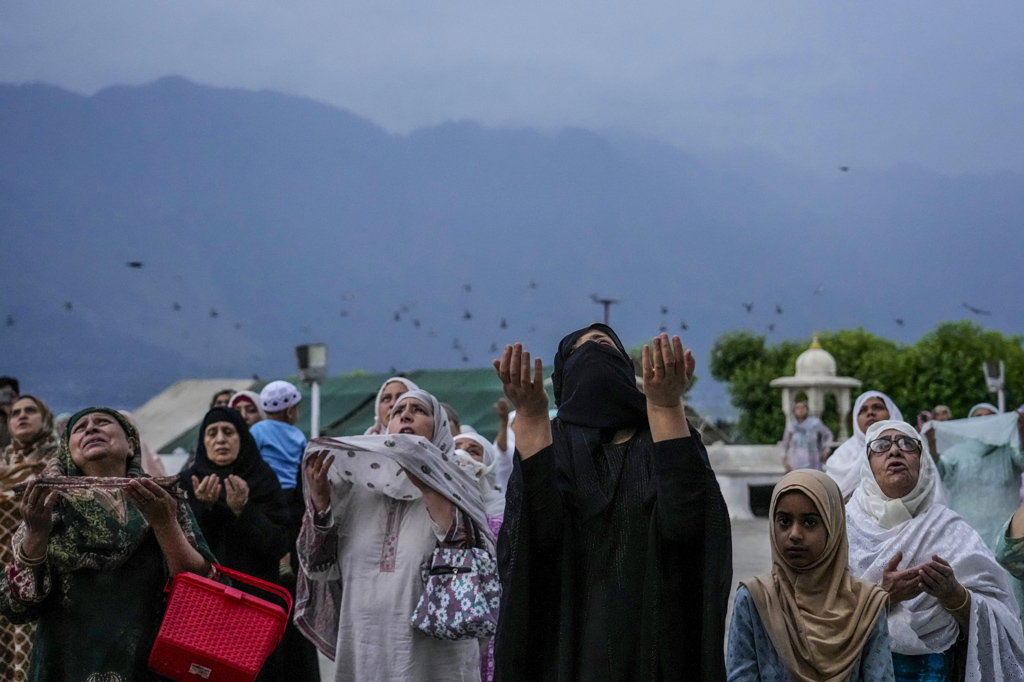
Jammu and Kashmir issue: Persistent violation of international law
Kashmir has been the subject of regional disputes between Pakistan, India and China since the late 1940s. The colonial power divided the Kashmiri territory into three parts, reflecting the infamous divide-and-rule colonial principle. Article 370 of the Indian Constitution, which gave special status to Kashmir, was considered a permanent feature of the Indian Constitution. It also granted the region the right to have a separate constitution, a state flag and large autonomy over the internal affairs of the state. According to the article, the Muslim majority of the region would live under separate laws.
Share
Last week, the Jammu and Kashmir issue was widely discussed in certain media outlets because of the anniversary of the revocation of the special status of the region. The Indian government of Premier Narendra Modi, representing the ultra-rightist Bharatiya Janata Party (BJP), unilaterally revoked the autonomy of the Kashmir region on Aug. 5, 2019. The special status was granted under Article 370 of the Indian Constitution to the region. The Indian government, known for its anti-Islam and anti-Muslim practices, has divided the Kashmiri territory into two different administrations with no special status.
After the revocation, the Indian government cut off communication lines for months and sent thousands of security forces to the region. It is claimed that there is a soldier for every 12 individuals. In other words, security forces constitute 1 out of 12 of the population. Worse still, thousands of paramilitary security forces were mobilized into the region. Hundreds of Kashmiri politicians, journalists, activists and academicians were taken into custody. Thousands of innocent people were detained by the security forces and thousands of civilians were killed by the paramilitary forces. The security forces even detained those not participating in the anti-government demonstrations. The Indian officials claim that they take “preventive measures” to prevent any criticism against the government.
Then the central government imposed a curfew for years and restricted the fundamental rights of the Muslim majority in the region. The government has shut down cell phones, the internet and cable TV to close the region to the outside world for months. Many observers from India and international platforms claim that they cannot get information about the region. The government forces threaten journalists not to report the developments on the ground. Furthermore, since then, the BJP government has been trying to change the demographic structure of Kashmir. For this reason, the government has allowed the security forces to buy land in Kashmir.
Tags »
Related Articles



